About
News
- My paper Topological Schrödinger Bridge Matching is accepted to ICLR Spotlight, 2025. [Paper]
- I gave an invited talk on my PhD work at Applied Math Seminar in Utrecht University. [Slides]
- I have been awarded a travel fund from G-research to attend the LOGML summer school in July. Appreciate the opportunity very much!
- I gave an invited talk on my PhD work to Computational neuroEngineering Lab at the University of Florida. [Slides]
- I gave an oral presentation at the DEEPK workshop in KU Leuven. [Slides]
- I gave a talk on my work on Simplicial Convolution at AMLab, Amsterdam. [Slides]
- Our paper on "Hodge-compositional Edge Gaussian Processes" was accepted by AISTATS 2024.
- I gave a talk about my work on Simplicial Convolution at the Delft AI Energy Lab.
Research
This is a draft of my PhD thesis.
See a full list on my google scholar. Below are some selected research projects.
Topological Schrödinger Bridge Matching
ICLR Spotlight, 2025
Demo 1: Transporting rotational ocean currents to rotational-free ones.
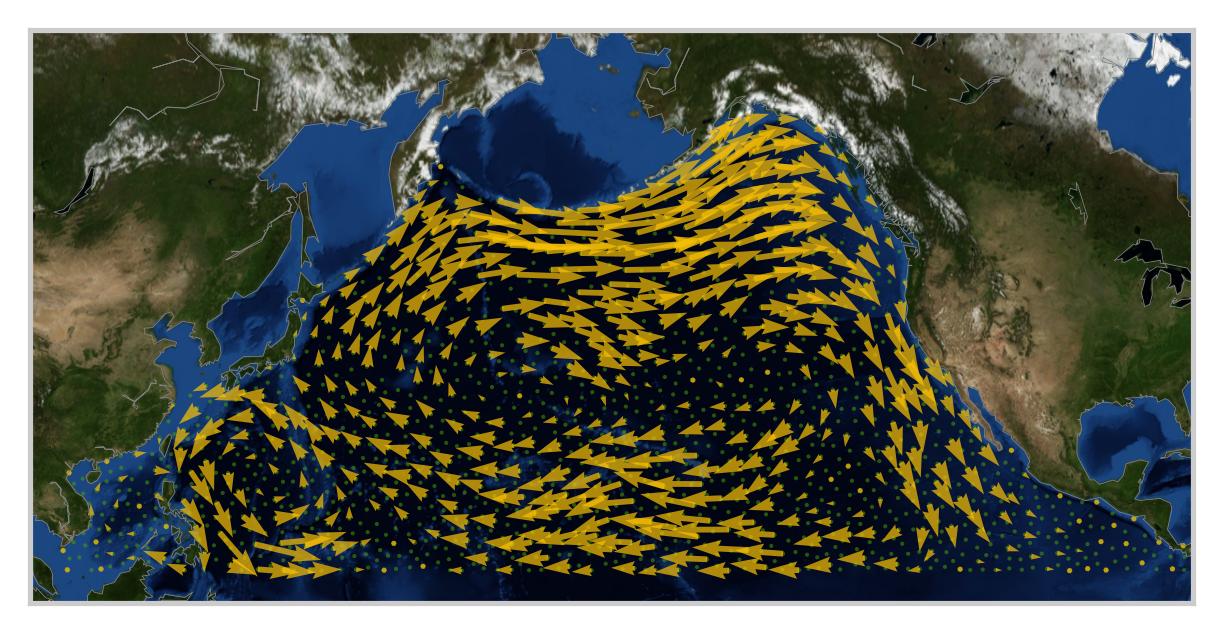
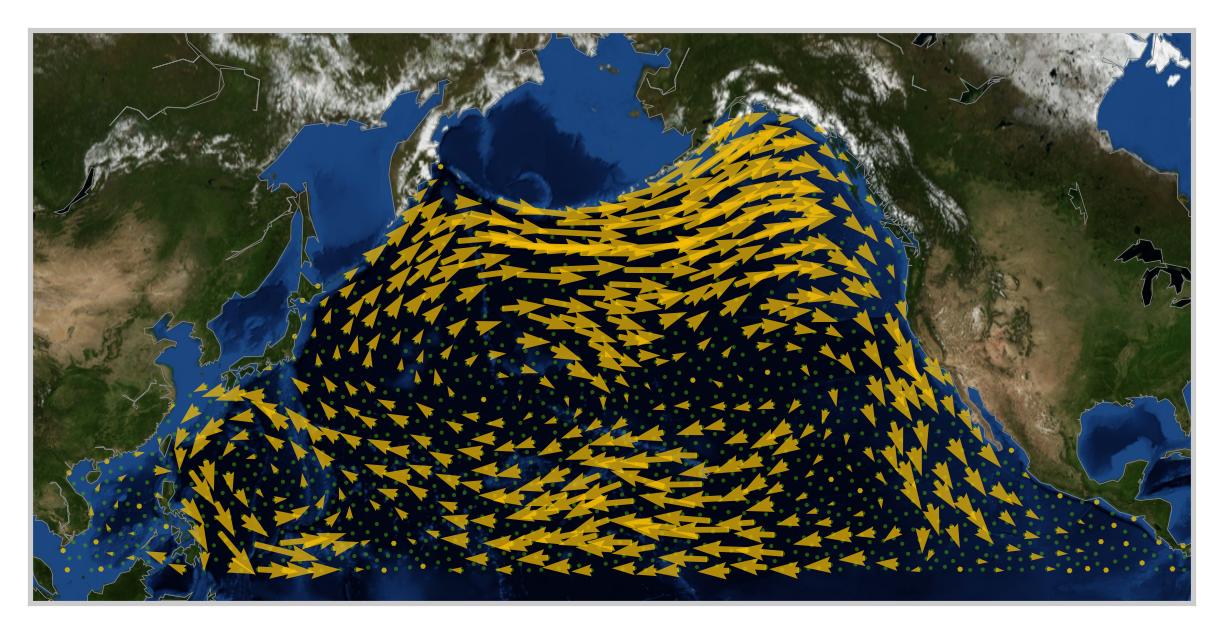
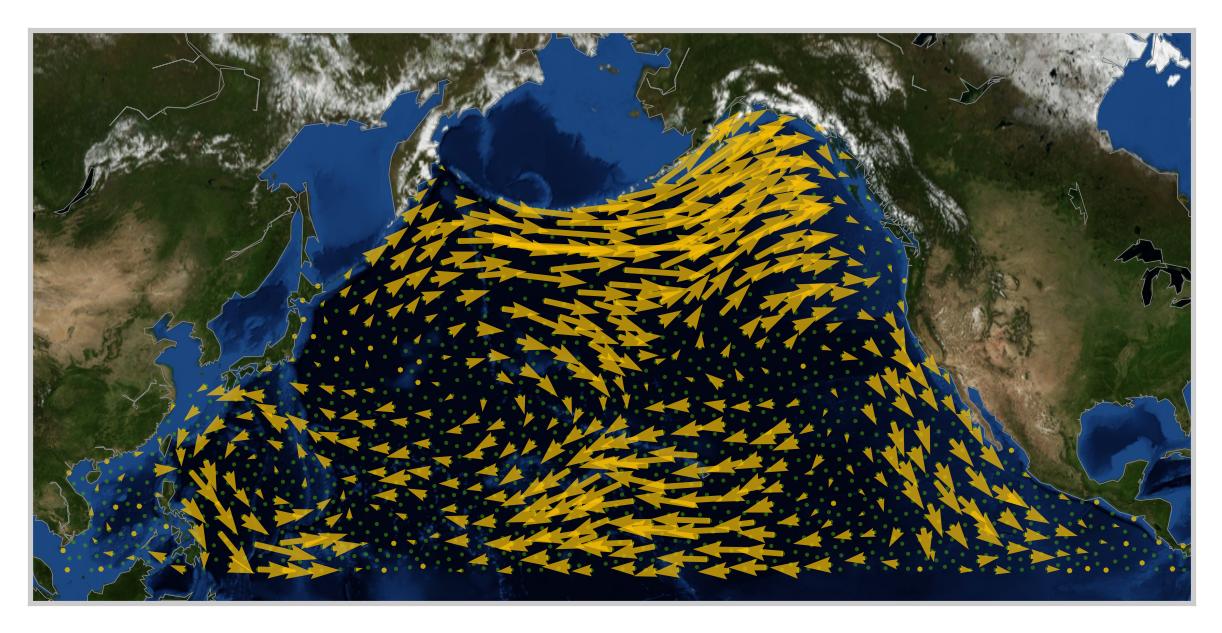
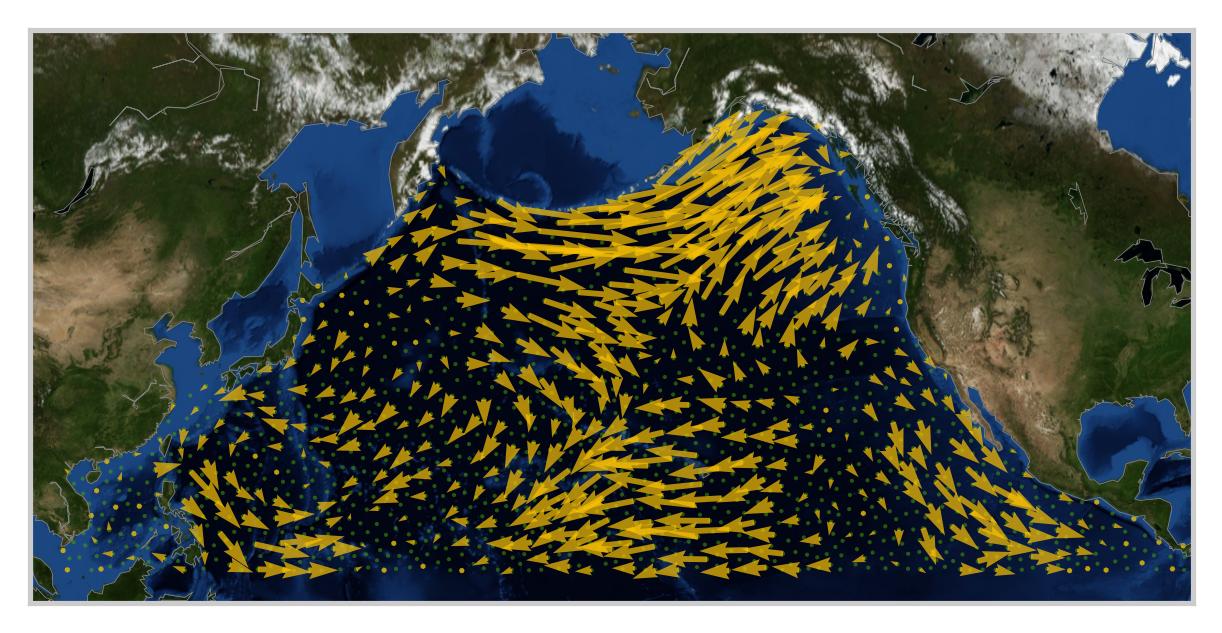
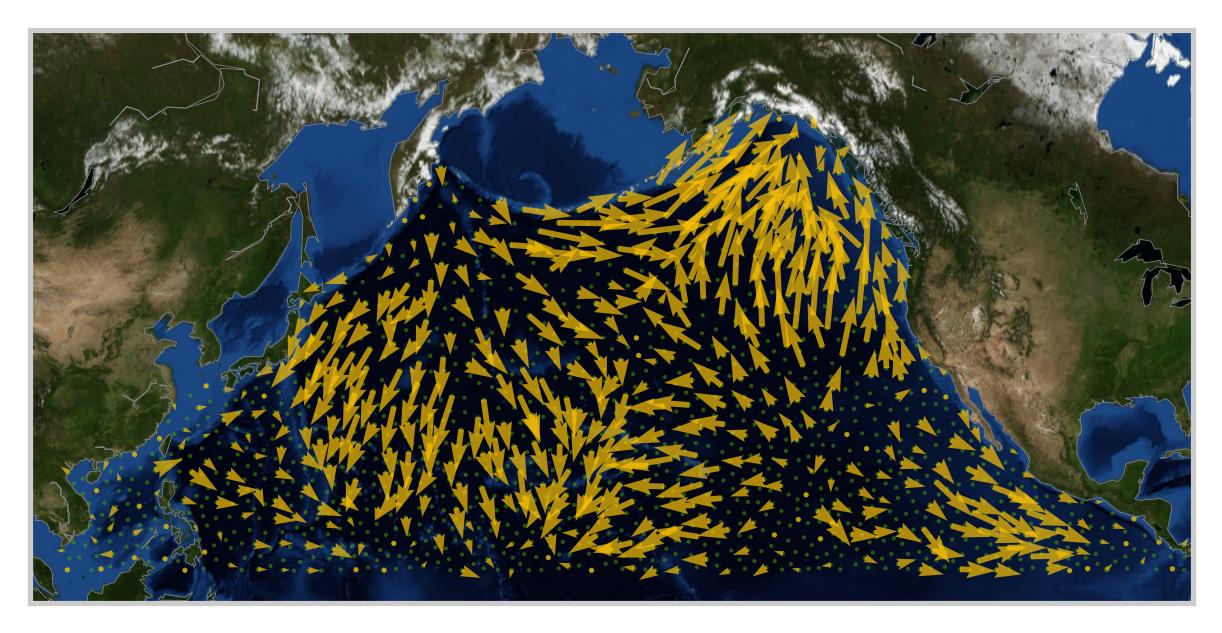
Demo 2: Bridging active and resting brain fMRI signals.

Demo 3: Trajectory inference of single-cell data. From left to right: groundtruth, predicted-tsb, and predicted-sb.
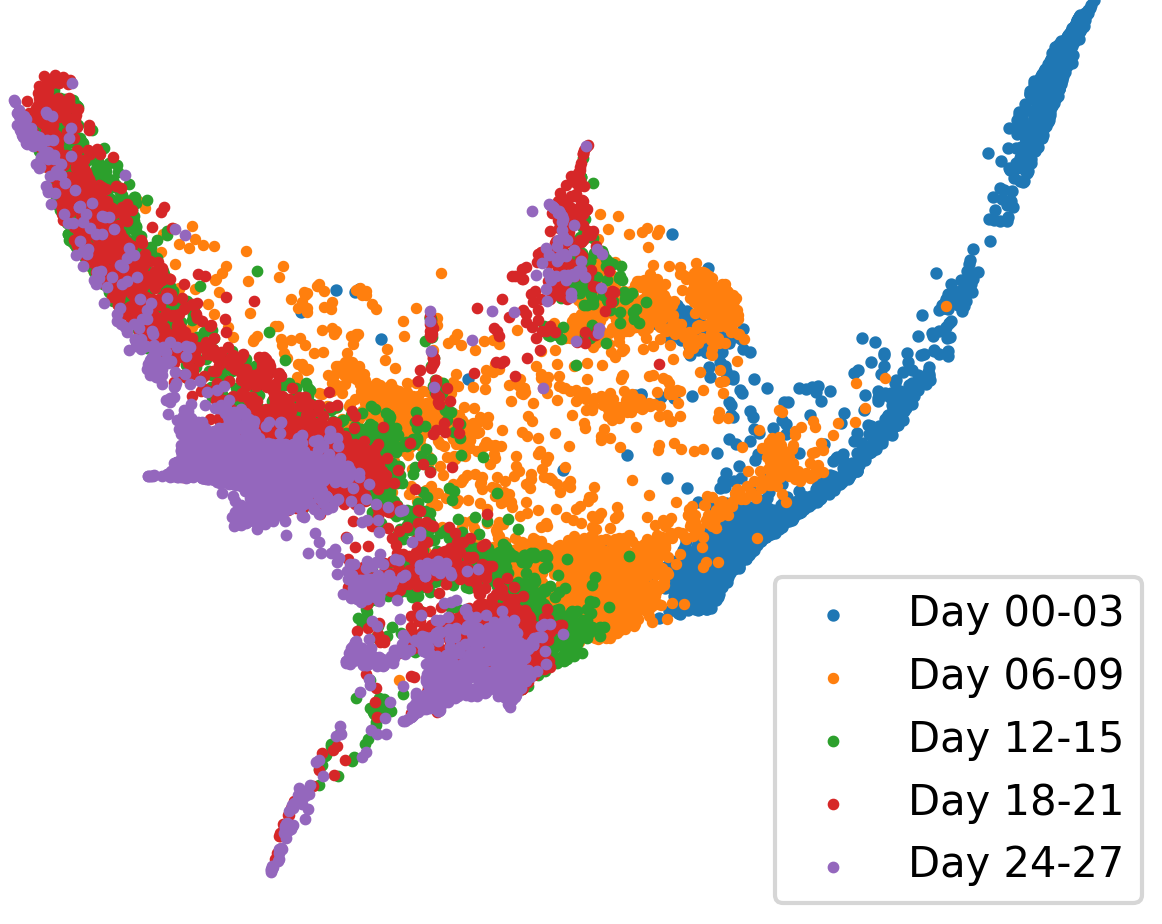
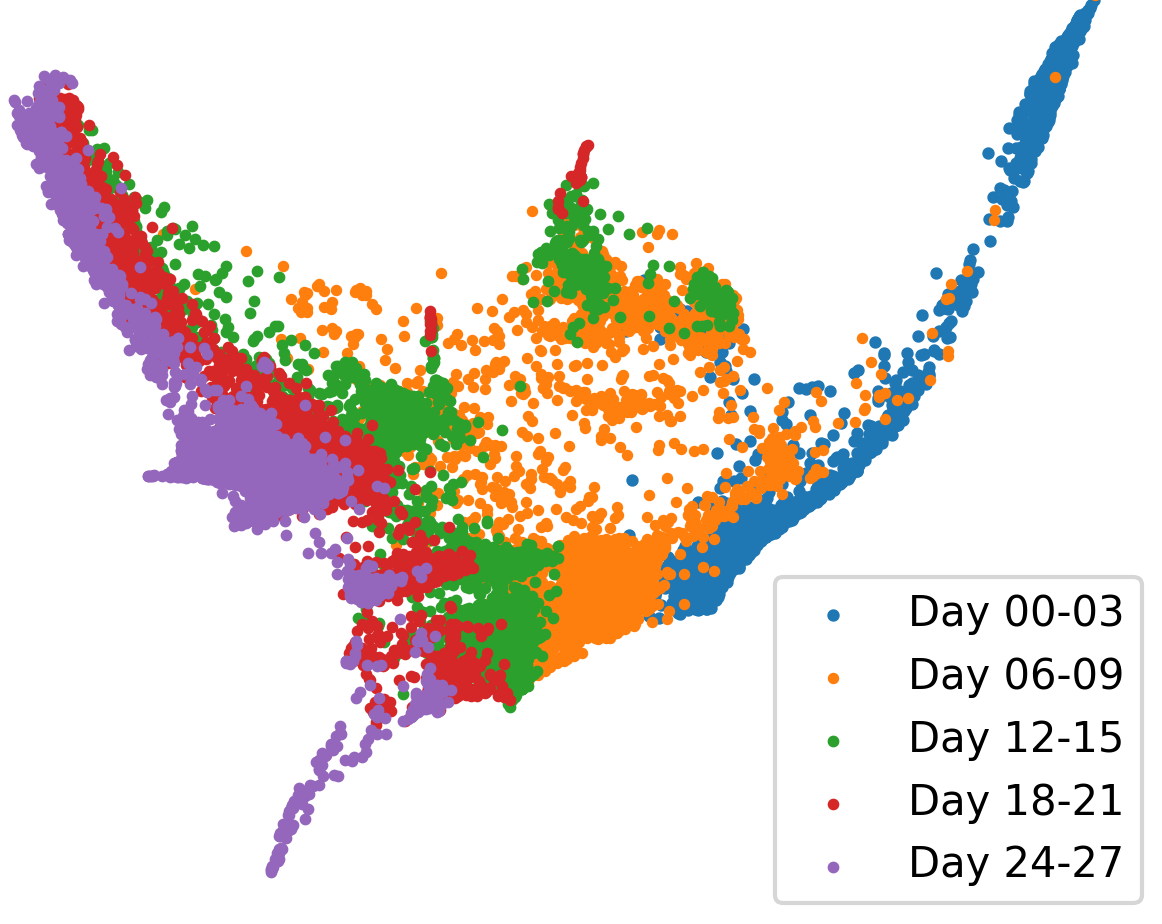
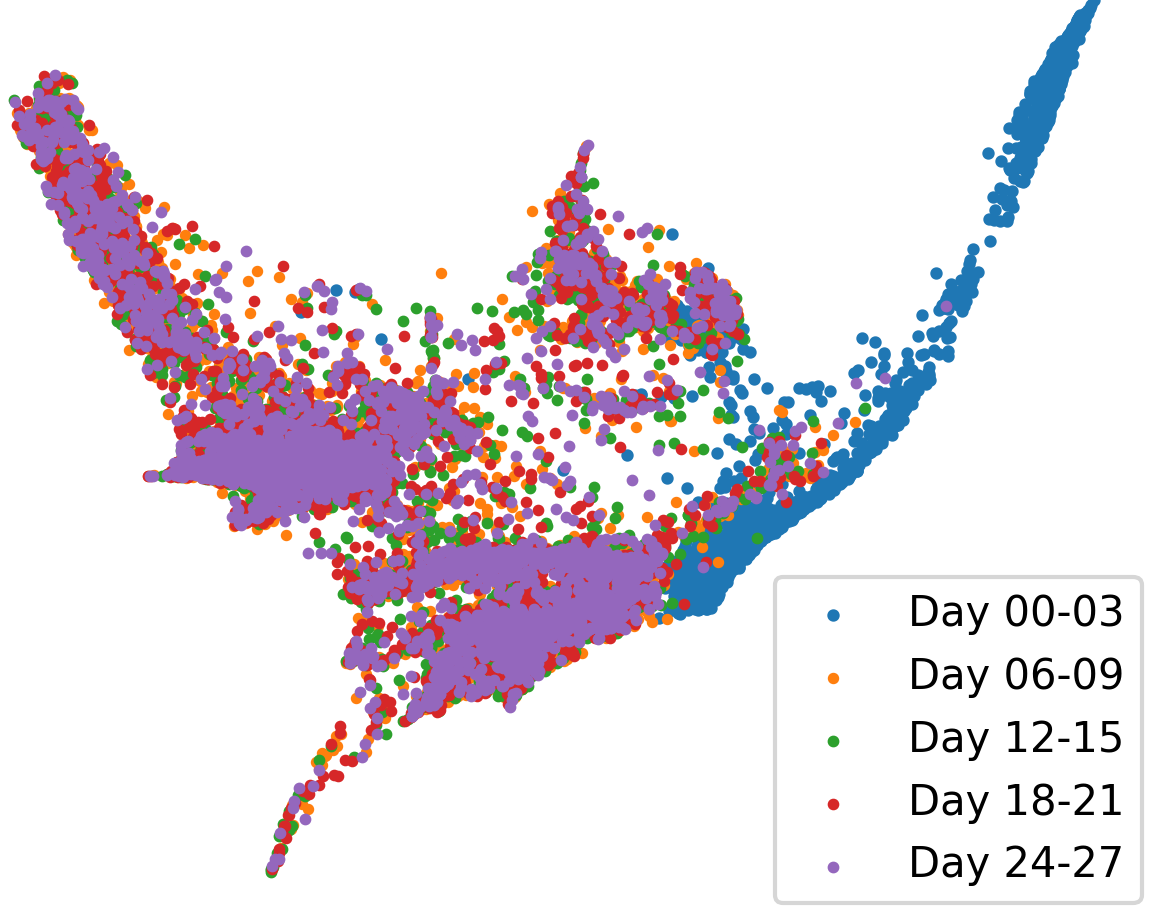
Hodge-compositional Edge Gaussian Processes
AISTATS, 2024
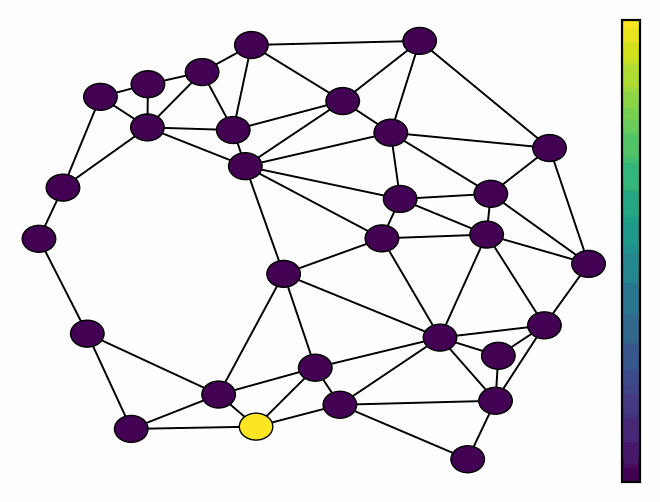
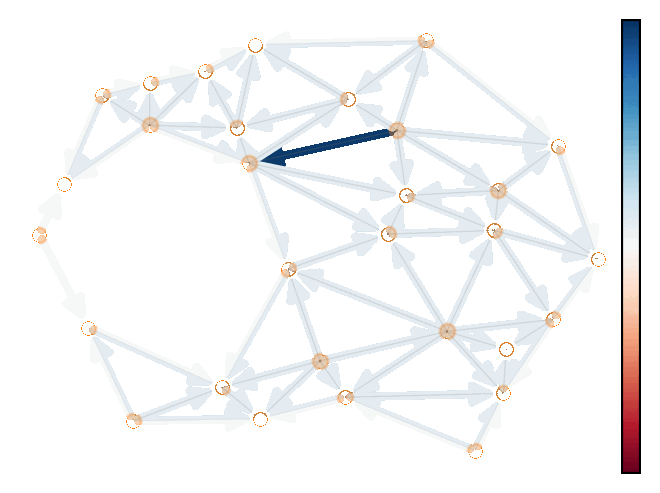
Demo 1: Modeling the solenodial and irrotational ocean current velocity field.
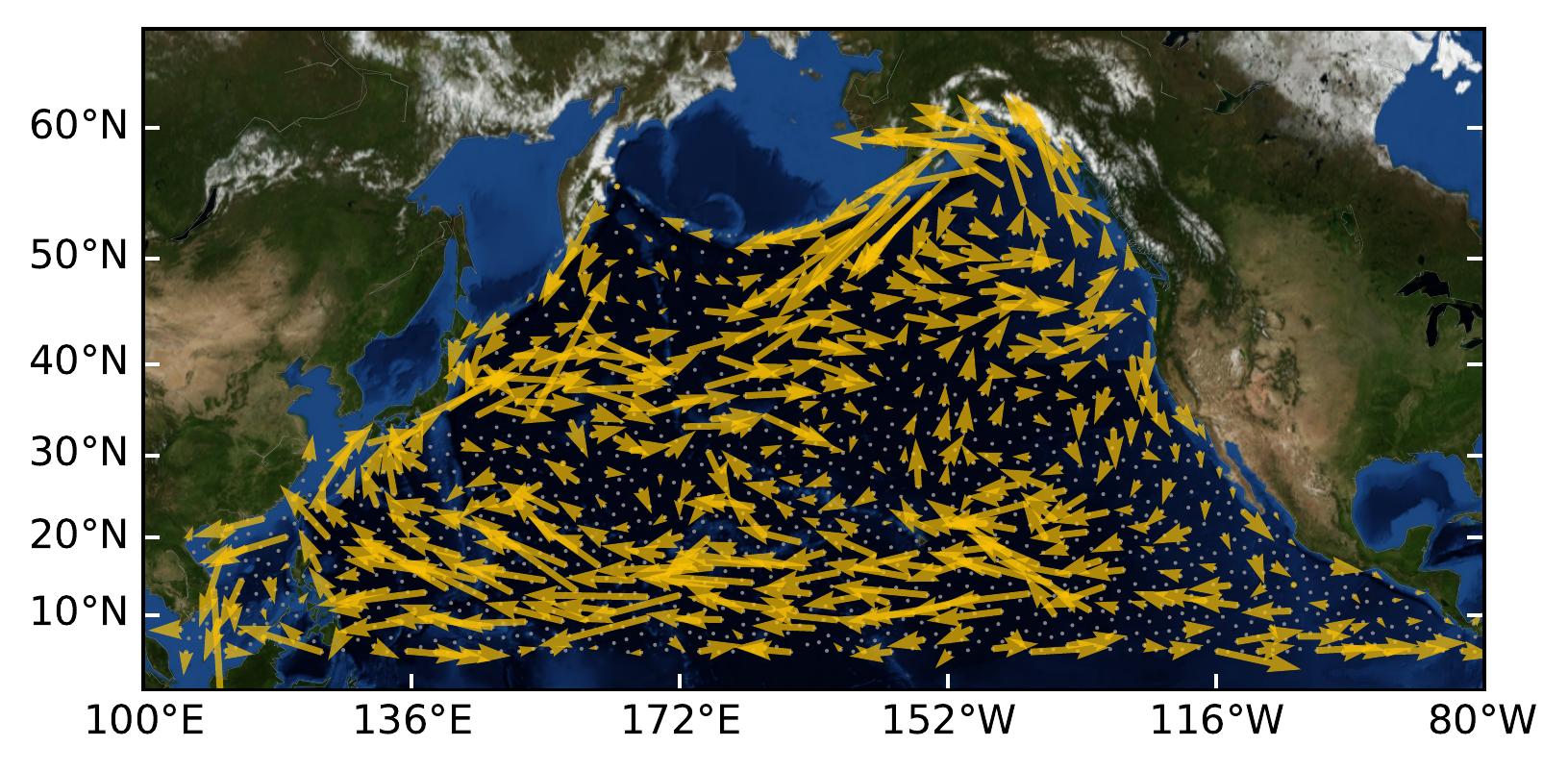
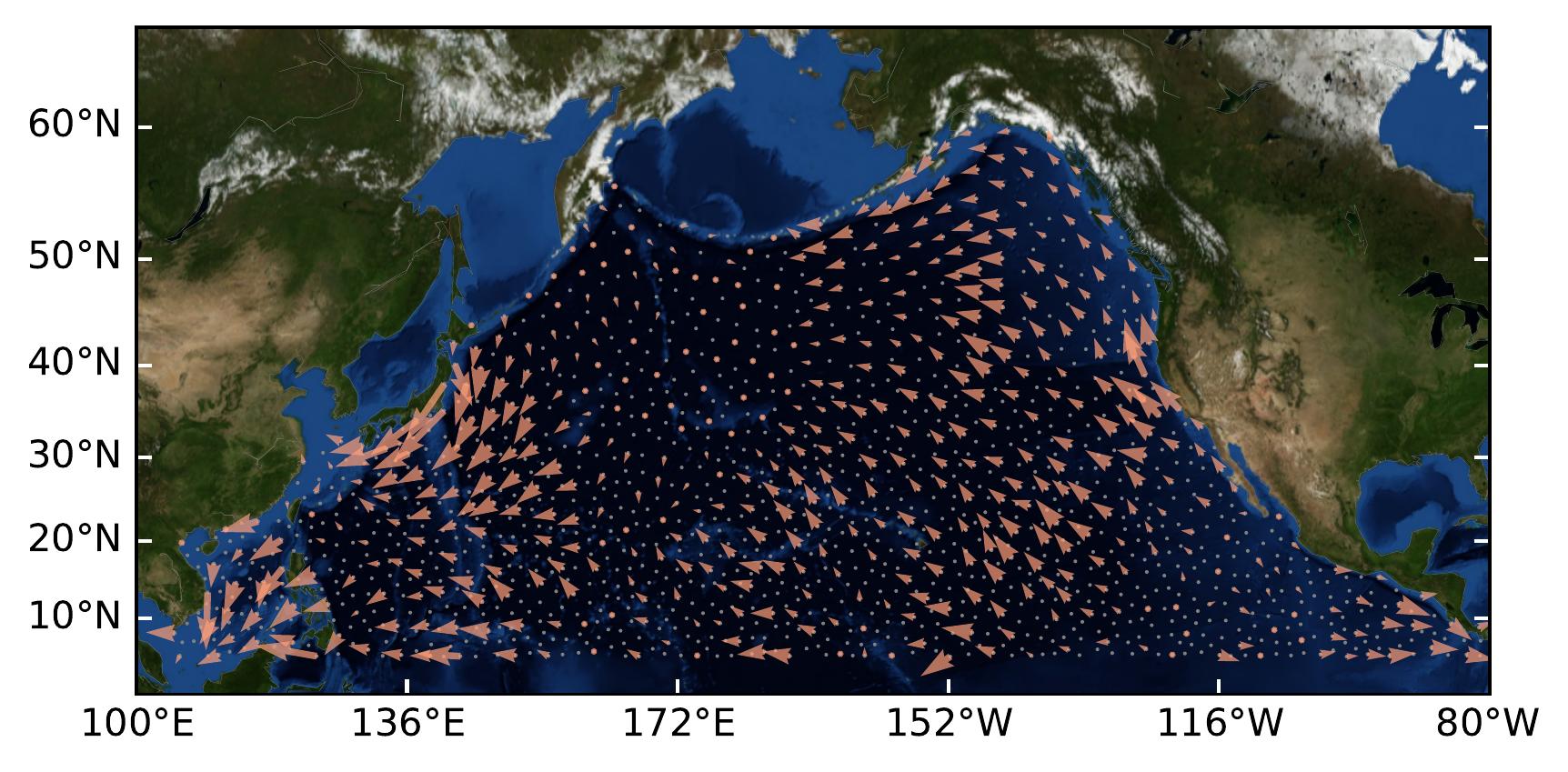
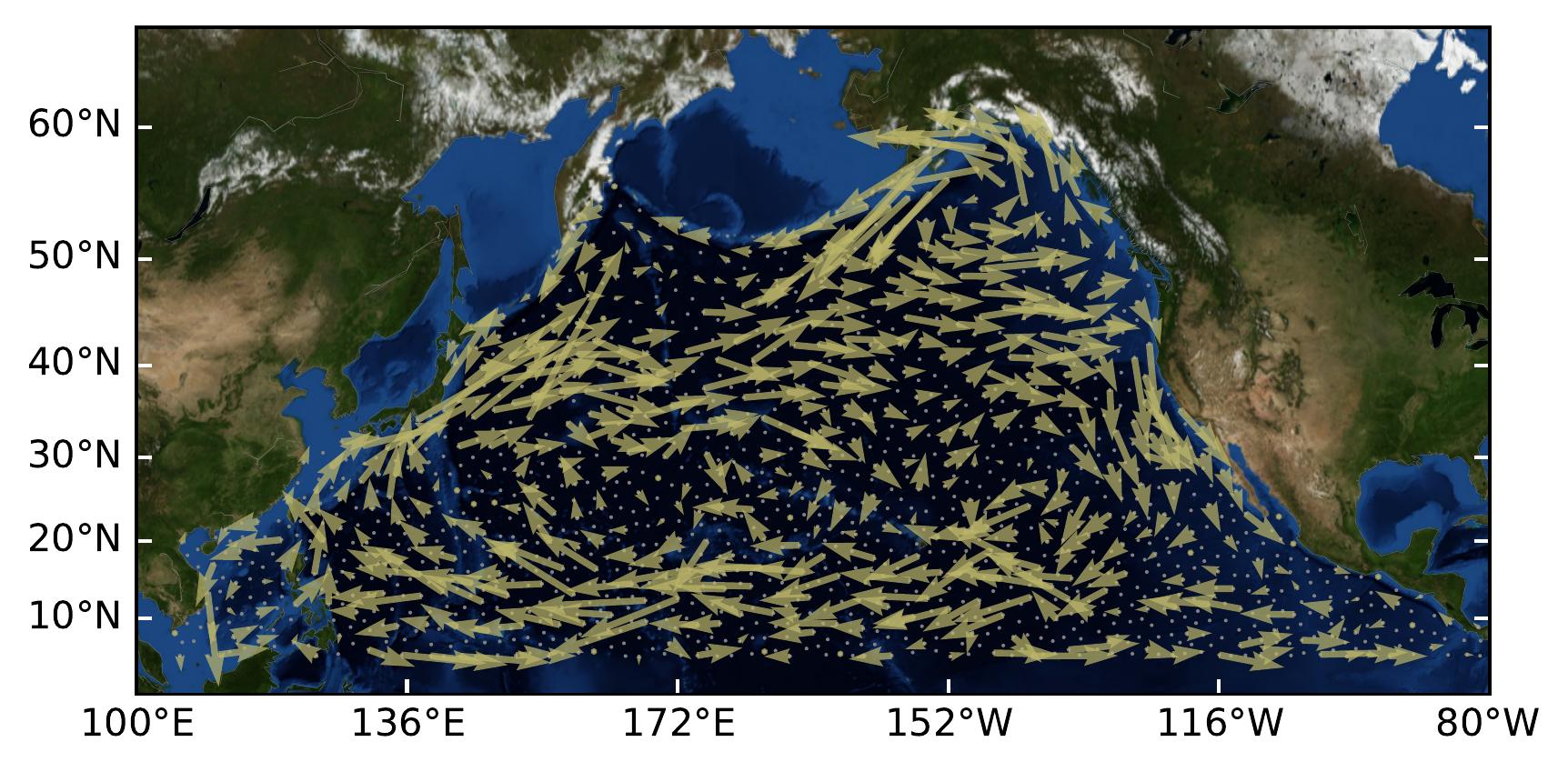
Demo 2: Interpolating arbitrage-free foreign currency exchange.
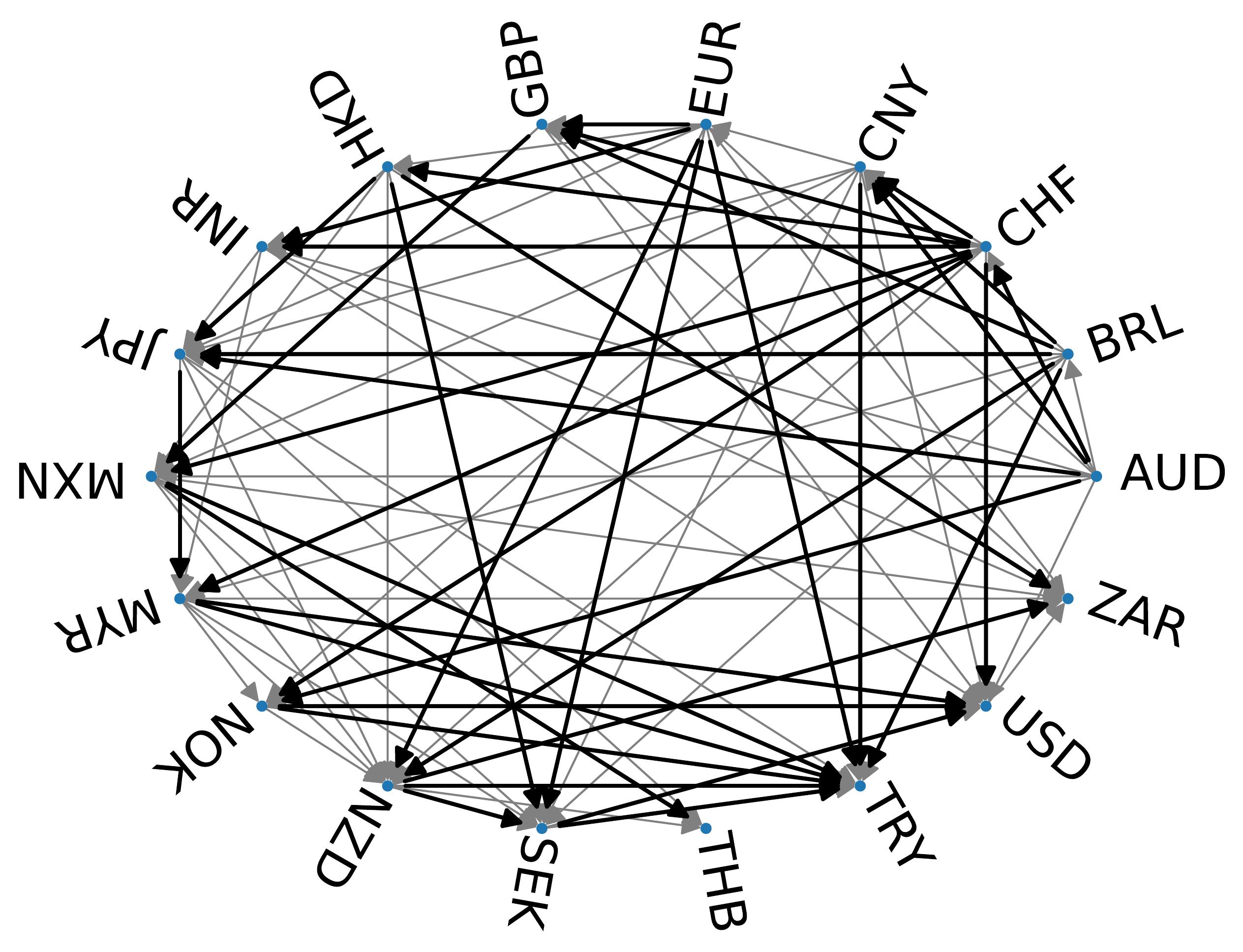
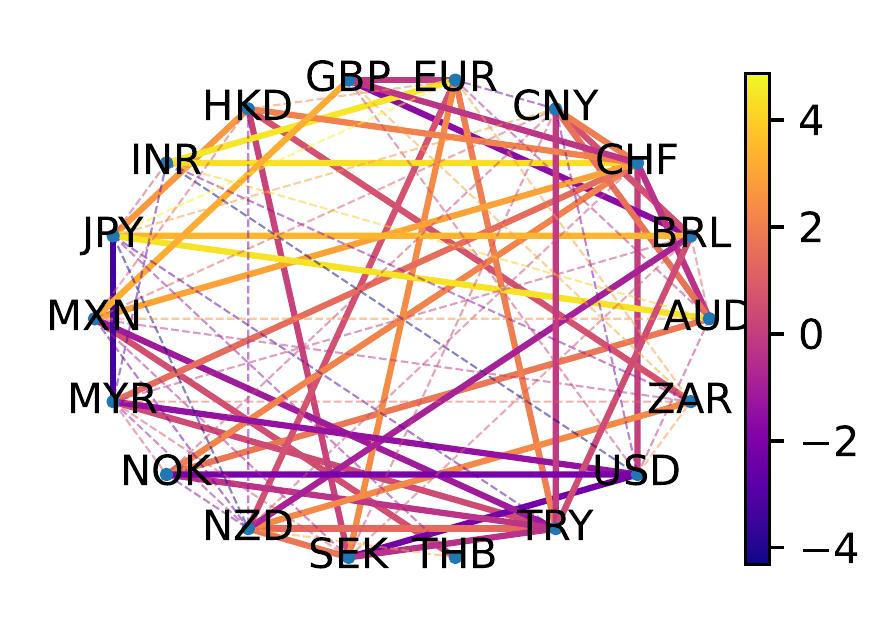
Hodge-Aware Learning on Simplicial Complexes
TMLR, 2025
Simplicial Convolutional Neural Networks
ICASSP, 2022
Simplicial Convolutional Filters
IEEE Transactions on Signal Processing, 2022
Talks
This is a slides set on my PhD work Understanding and Learning Simplicial Signals (slides for personal use) that I used for some talks. I appreciate the opportunity to present my work in the other research groups, workshops and conferences.- Invited talk at Applied Math Seminar in Utrecht University.
- Oral presentation at DEEPK workshop in KU Leuven.
- Invited talk at Computational neuroEngineering Lab in University of Florida.
- Talk at AMLab, Amsterdam.
Teaching
Teaching Assistant- Course notes preparation and teaching assistant for Machine Learning on Graphs Apr 2023 - Jul 2023
- Three projects involving 15 computer science bachelor students on topics: recommender systems, deep neural networks and graph neural networks Apr - Jul 2022, 2023, 2024
- Two master projects on topics: topological unrolling networks and building a Python library for topological signal processing Sep 2022 - Apr 2023, Jan - Aug 2024
Open Source Projects
- Participation in the Python module TopoModelX for topological deep learning (check the related overview paper 1 and paper 2), where I implemented two models (SCNN, SCCNN) that we proposed for convolutional learning on simplicial complexes.
- Participation in the Python module GeometricKernels. It implements kernels including the heat and Matérn classes on non-Euclidean spaces such as Riemannian manifolds, graphs and meshes, where I implemented kernels on the edge space of graphs or simplicial complexes.
Service
Conference Reviewer: ICASSP, EUSIPCO, ICML, NeurIPS, ICLRJournal Reviewer: IEEE TSP, IEEE TSIPN, IEEE SPL, IEEE TNNLS
